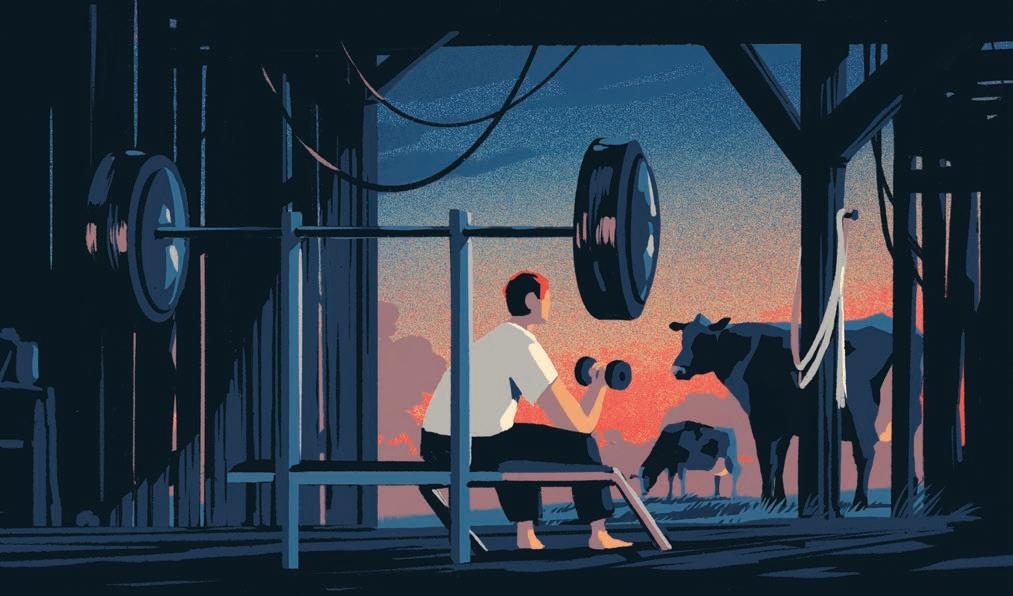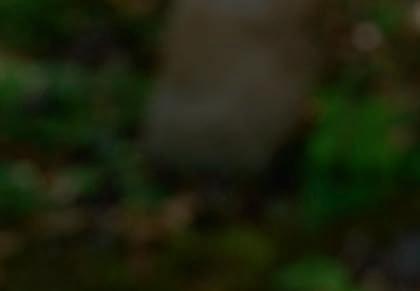
2 minute read
Taking Care
ometimes, if we listen to the news or scroll through social media, we may be tempted to despair over whether people look out for each other in these fractious times. Recently I heard a researcher on NPR describe the toll on our bodies and spirits as we absorb the news of the day; he likened it to antelopes on an African plain unable to feel safe from lions. Heavy stuff. But inside these pages, we tell a different story: New Englanders who look out for each other, whether alive or deceased. And we take you to a place where thousands of acres of some of the wildest and most precious coastal lands in the country have been forever preserved for future generations.
Last year, on a day in mid-June, an experienced hiker named Xi Chen found himself in danger when the weather turned during his attempted White Mountains traverse. Yankee senior editor Ian Aldrich’s story about Chen [“‘In Trouble. Can’t Move. Could Die,’” p. 90] serves as a reminder that New England’s mountains, so alluring for their beauty and ease of access, demand both expertise and a healthy sense of caution. But at the heart of Aldrich’s writing are two very human stories: one about an adventurer who needed help, and the other about the Mountain Rescue Service volunteer climbers who set out in precarious terrain and fierce weather to find him.
In a far different setting, volunteers in Vermont devote hours to another kind of rescue mission: restoring small rural cemeteries and their time-battered memorials [“The Headstone Brigade,” p. 86]. Even though it is likely that few descendants of the departed still live nearby, and the lives of those buried on these grounds have long been forgotten, the work is being done as if all these stones belong to loved ones.
And then there is our cover story, “Find Your Way Down East” [p. 58]. When my wife and I came to Maine in the winter of 1970, we did not own a car. We saved up, paid a few hundred dollars the next summer for a 1960s Rambler sedan, and set out to discover this place we now called home. We went north to Moosehead Lake, then over to the coast, stopping where Maine met Canada. I had grown up in a place where “coast” meant miles of sand meeting ocean waves, where boardwalks were lined with shops and restaurants and carnival-like rides. This was not that. This was boiling tides, lobster traps piled high outside modest wood-framed houses, fog, and daunting cliffs. And wild beauty that was unlike any I had seen. “Find Your Way Down East” will lure you to push on past Bar Harbor and Acadia, to find what I did 50 years ago. And because of the devoted efforts of so many conservation groups, what you see will be much like what I saw— something that can be said of few places in the country these days.
A final note: Over the past months, the Yankee digital team has transformed our website, NewEngland.com. If you have not poked around its pages lately, I urge you to come and explore. It’s a chance to turn off the news, give your inner antelope a rest, and browse lots of fun and inspiring things about this unique region we call home.
Mel Allen editor@yankeepub.com




















